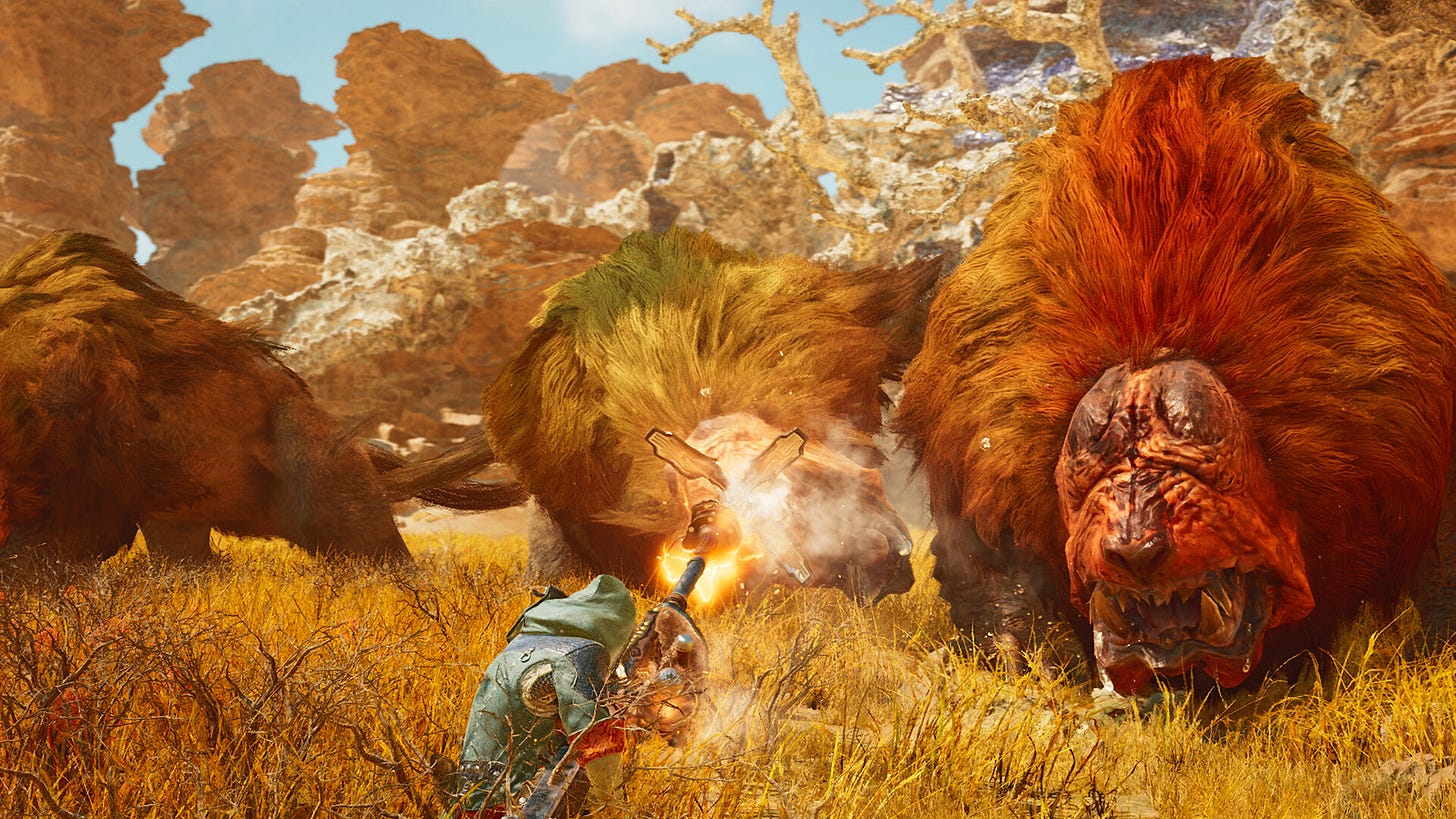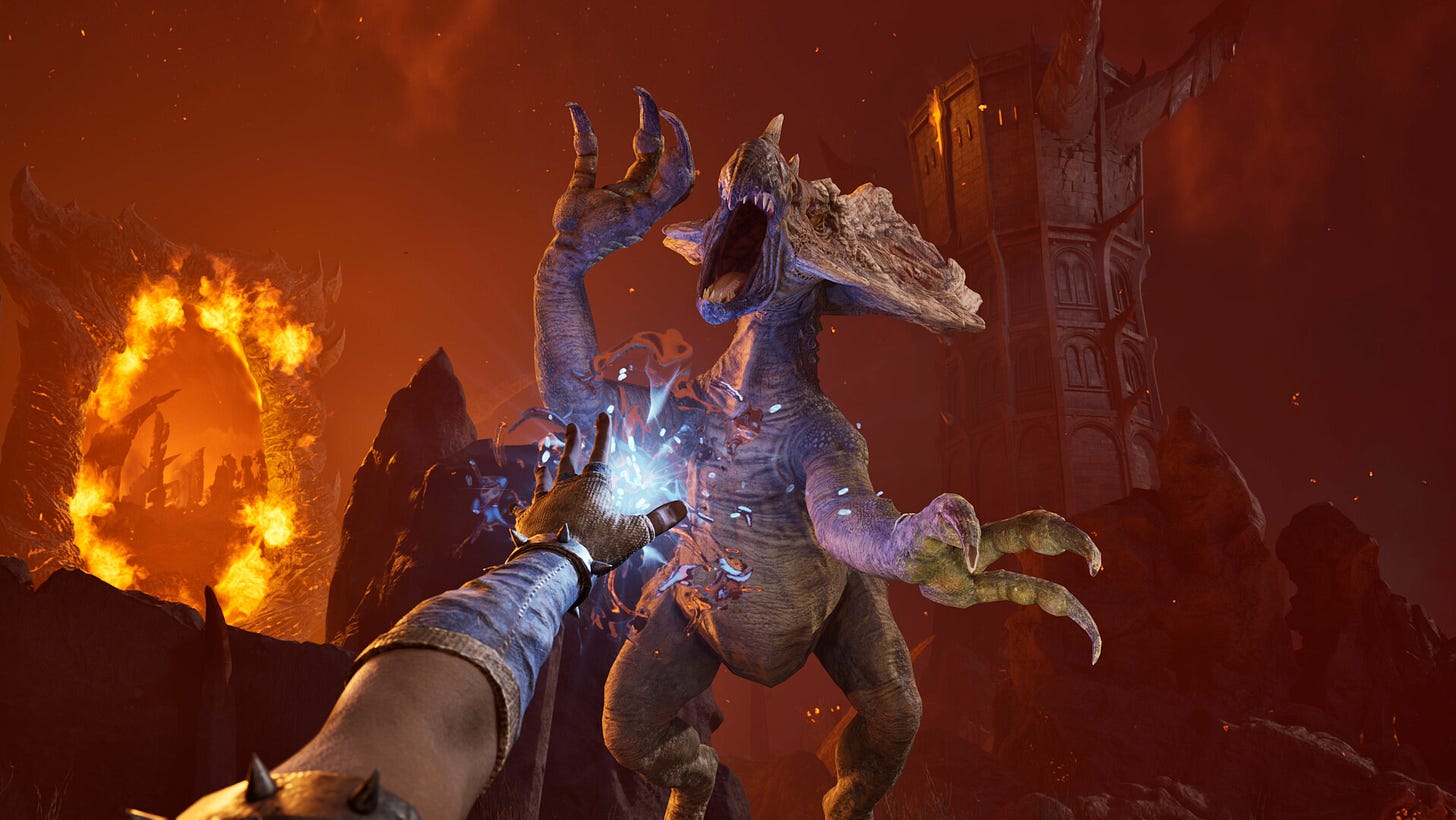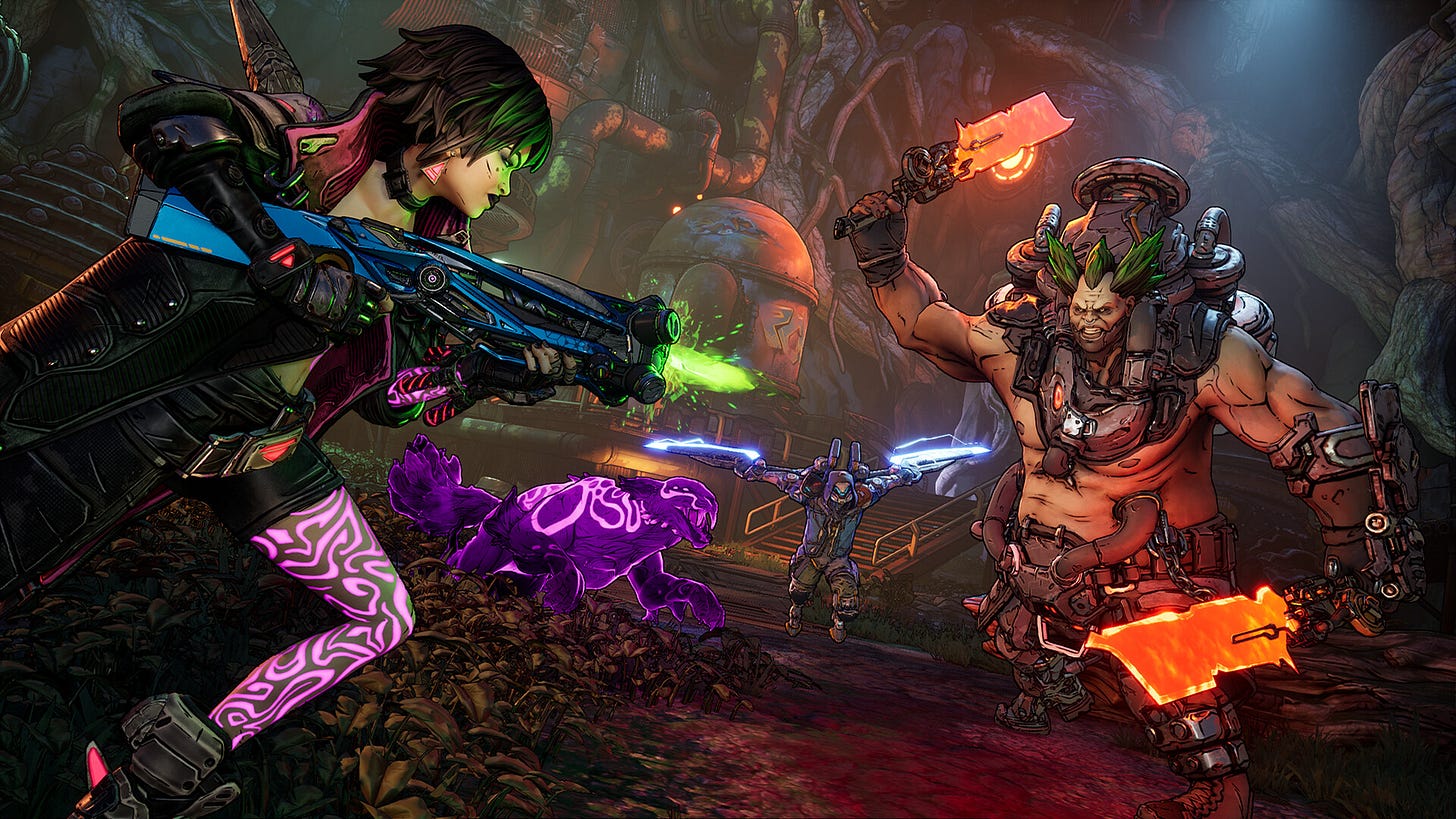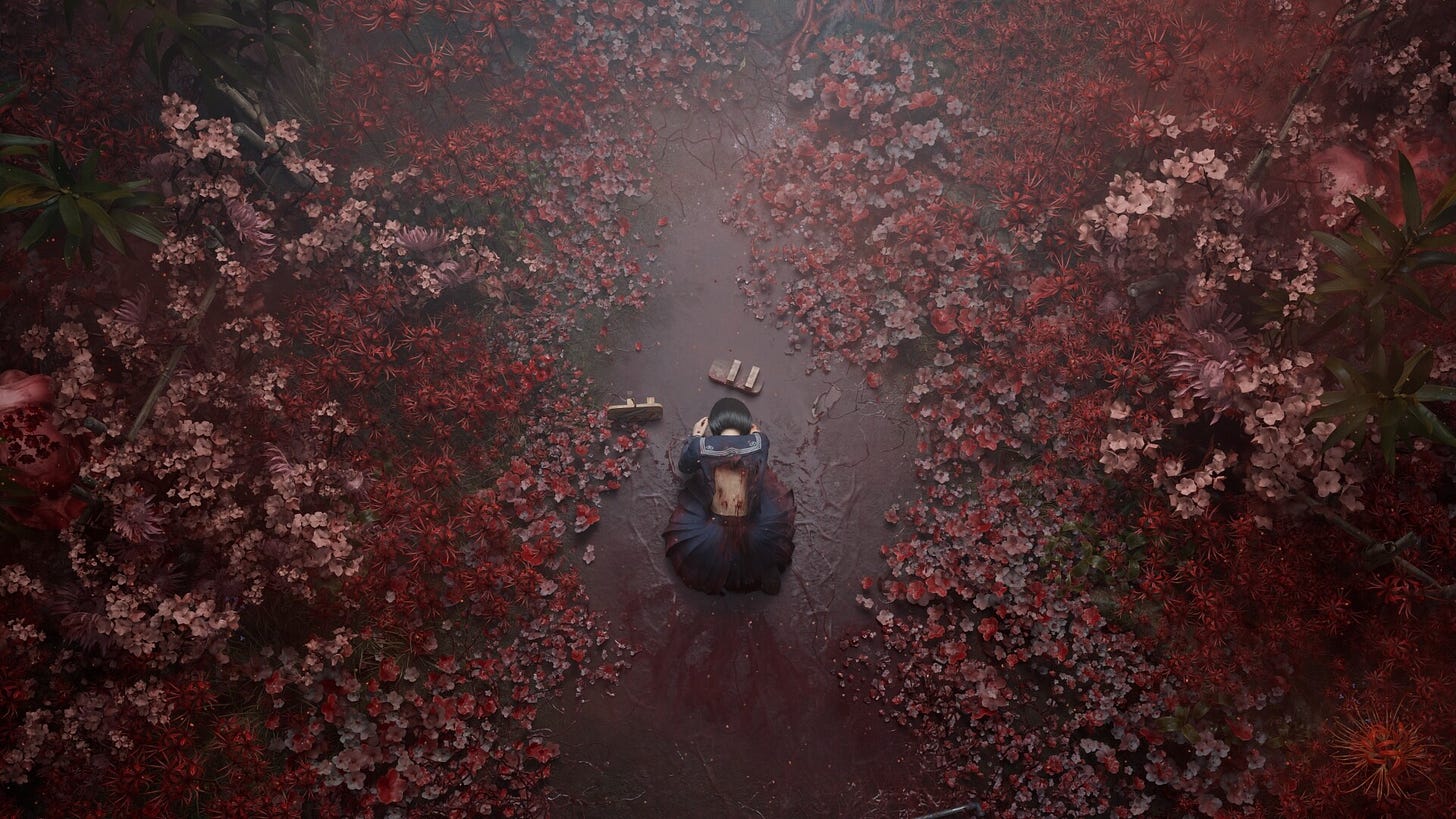Are Technical Issues Ignored In Game Reviews?
Would You Give A 10/10 To A Game That Runs Poorly?
Reviewing any sort of artwork well is difficult. There is so much to take into account, and so much of it is subjective, that it can feel overwhelming. In videogames that feeling can kick in right as you boot up the app. Are you playing it on PC, or a console? How does it run? Do you have your display calibrated correctly? It is easy to judge when a game reviewer glosses over something that you consider extremely important, but we have to keep in mind that it isn’t physically possible to fit everything into a review.
Despite this, I’ve noticed a pattern that has left me with the following question: shouldn’t performance be taken into account when reviewing a game? This is a pertinent question at this time because, unfortunately, 2025 has brought us amazing videogames, but it has also seemingly broken the record of notable AAA releases that come out with a myriad of technical problems. More relevant to the point at hand, though, is the fact that these issues do not seem to have an impact in critic reviews, even if they don’t go unnoticed when it comes to the audience feedback.
Monster Hunter: Wilds
Monster Hunter: Wilds came out on February 28th, 2025. According to the mega thread of reviews on Reddit, the game had a score of 90 on Metacritic prior to release. As of writing this, it sits at 88 critic score, and 71 audience. On Steam, though, recent reviews have dropped to Mostly Negative. The game was released on current gen consoles and PC, and it had issues on all platforms (most of which remain to this day). It ran terribly on most PCs, was quite blurry on consoles and it did not maintain a stable FPS on either PS5 or Xbox Series X.
Eurogamer’s review did not mention any performance issues at all. IGN’s reviewer mentions some pop-in texture issues, but then follows up by saying that “things ran great apart from that” on PS5 Pro. PCGamer’s review highlights crashing issues, but also says that “ the game runs great on my rig”. These websites scored the game at 4 out 5 stars, 8 out of 10, and 85 out of 100, respectively.
This Digital Foundry video covered the performance of the three modes on both current gen consoles and neither of them manage to maintain the target FPS, even though the game does not boast the kind of visuals and technology that would be considered cutting-edge in 2025. PS5 Pro was the best console experience, but even it dropped below 60fps in frame-rate mode, despite the game running with an internal resolution as low as 720p.
DF’s Alex Battaglia had the unfortunate task of covering the PC port, which was atrocious. Terrible performance, poor visuals, stuttering, texture problems, VRAM problems, the list is endless.
The Elder Scrolls IV: Oblivion Remastered
“Hitches, sub-60fps drops, crashes and uneven frame-pacing on its 30fps quality mode blight every platform, including PS5 Pro tested today. Also curious is the manner in which continuous play time affects performance on all console platforms.” This is the description on Digital Foundry’s video revisiting the Oblivion Remaster on all consoles, released May 10th, 2025, over two weeks after the game came out. On PC, Alex Battaglia had another nightmarish experience plagued with incessant stutters that affected even the most powerful rigs available.
Oblivion Remastered has a score of 80 from critics and 75 from the audience on Metacritic. Much like with MH Wilds, Steam reviews tell a decent story with the recent ones dropping the score to Mixed. Most of the issues are still present in the game today on all platforms. IGN’s review highlights “poor performance”, but scores the game an 8 out of 10. PCGamer scored it 84 out of 100 and did not address any issues in their review. Gamespot went with another 8 out of 10, but does mention frame drops, although it claims that the game’s “performance (was) good on (a) 4080ti.”
Borderlands 4 And Silent Hill F
A AAA duo finishes our list because these two games were released in the same month, September 2025. Both titles suffer from performance issues on all platforms, notably stutters that have been too frequent on Unreal Engine 5, the engine used by both games. Despite this, Borderlands 4 got an 81 critic score and Silent Hill F an 86 on Metacritic.
While Eurogamer, PCGamer, and IGN all mentioned performance issues on Borderlands 4, the only relatively low rating given to it was Eurogamer’s 3 out of 5 stars. The reviewer does not pin this on performance though, as they say that they aren’t “in a position to comment” due to their PC being weak.
On the other hand, Silent Hill F’s stutter issues that affect all platforms weren’t mentioned by any of the aforementioned websites, and all of them rated the game highly: Eurogamer 4 out of 5, IGN 7 out of 10, 90 out of 100.
Four AAAs Are But An Example
I chose these games, but there are many more to pick from. All of these were big AAA productions, even the shadow-dropped Oblivion Remastered. All of them had issues on every platform in which they released— with Borderlands 4 just recently having to indefinitely delay its Switch 2 port— and these remained even on beefy PC rigs.
These four games were also critical successes. Even when the reviewers mentioned any technical issues, these did not seem to have weight in their final verdict, or were occasionally brushed off. Before we move on, I’d like to point out that I didn’t single out these websites for any reason other than their cultural relevance as some of the biggest mainstream gaming coverage platforms out there. I do not blame either the websites or the individual reviewers, hence why I intentionally didn’t link do the reviews.
This is a problem of industry expectations and of logistics. Most of these reviewers are playing pre-release versions without day-one patches. A lot of the bugs and issues they encounter might already be gone on the full release version of the game. So how exactly do we fix it?
Problems in this industry never have an easy fix, but there are changes that we can do as game reviewers to have an impact, no matter how small it is. If you notice performance issues, you should mention them in your reviews, as many of the mentioned reviewers did. Articles can be updated after publishing, like games can be patched after release. We’ve had way too many examples of AAA releases coming out broken, often with most of the performance issues present in pre-release builds.
In the same vein, keep these technical issues in mind when you are scoring a game or coming up with your final verdict. If they impact your experience and change the way you interact with the game, isn’t it relevant? It is subjective, of course, but so is 95% of the rest of your review. I would argue that technical issues are the closest thing we have to an objective criteria in games reviewing, but it will always remain subjective due to how player sensitivities to these issues change wildly.
What if technical issues don’t impact your experience with a game at all? If that’s your case and you are a game reviewer, you shouldn’t take them into account when scoring a review. I just find it hard to believe that these reviewers are noticing issues and pointing them out but don’t feel impacted by them.
Do technical issues bother you? Have you felt misled by highly-reviewed titles that end up being technical messes? Do you feel like issues like this don’t affect your gaming experience at all? I’m genuinely looking for diverse opinions on this. Thanks!






A benefit of reviewing indie games is that they pretty much run on anything, along the most indie devs caring about their game and, if any issues exist, they are fixed in the first year. :D
Nice take on an area where I agree game reviews are lacking and can do better. Nobody wants to spend $70 on a game just to have the gameplay experience ruined due to bugs. I also recognize that there will always be technical issues when publishing a game, and getting them resolved soon after launch is understandable. But, those should be little issues that were missed, not ones that are rather obvious.